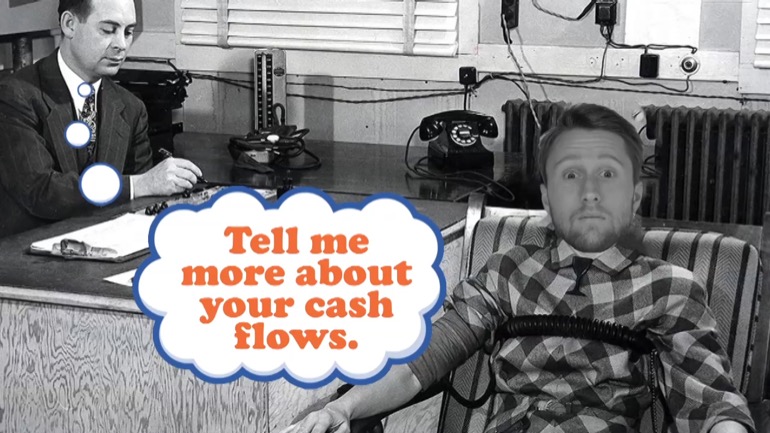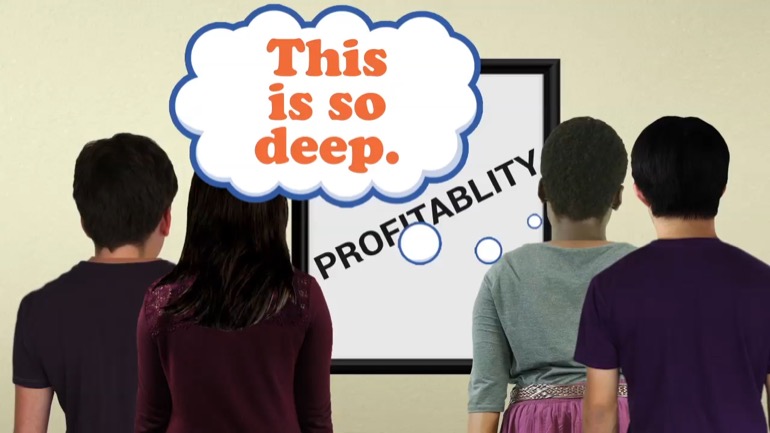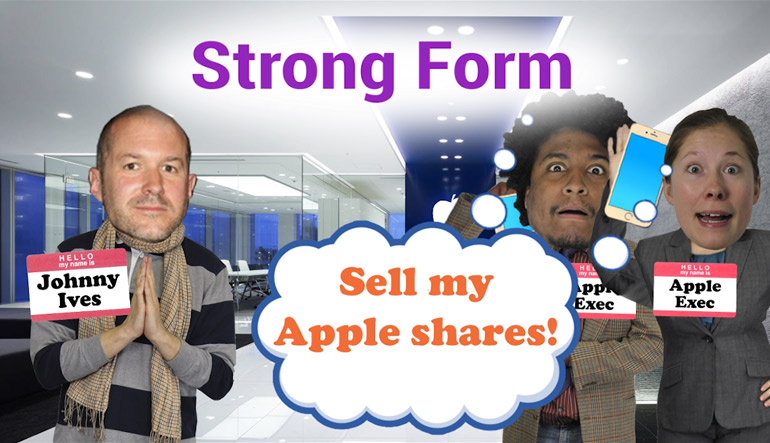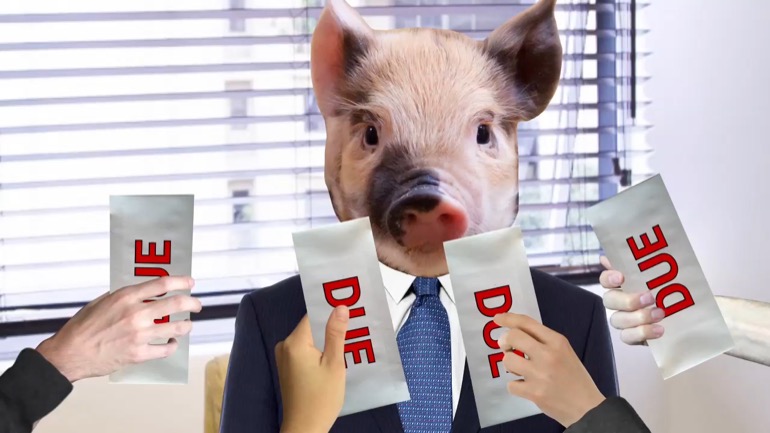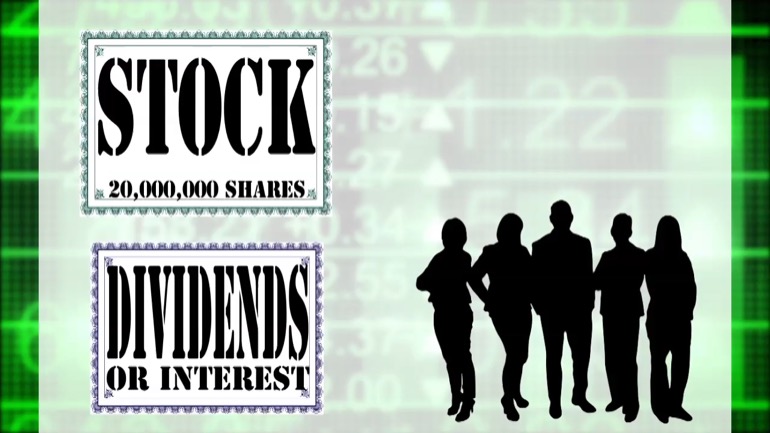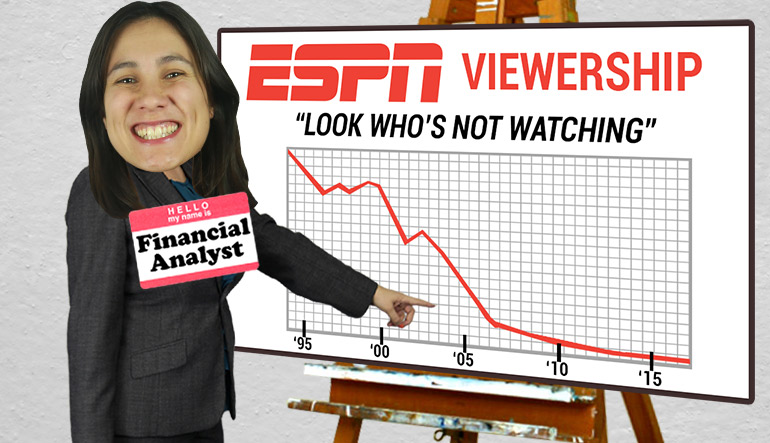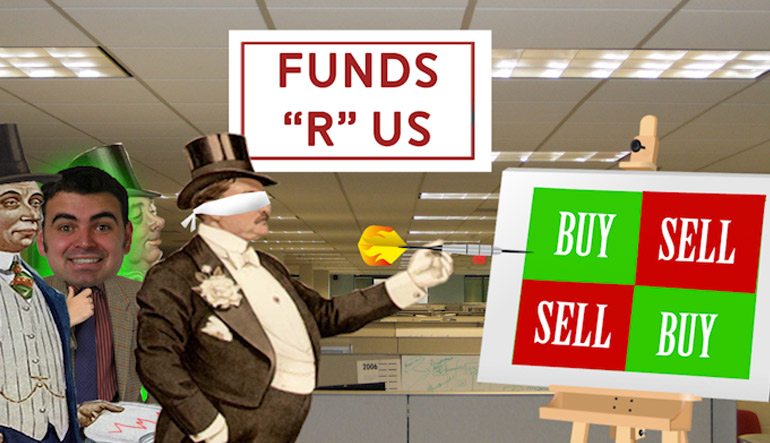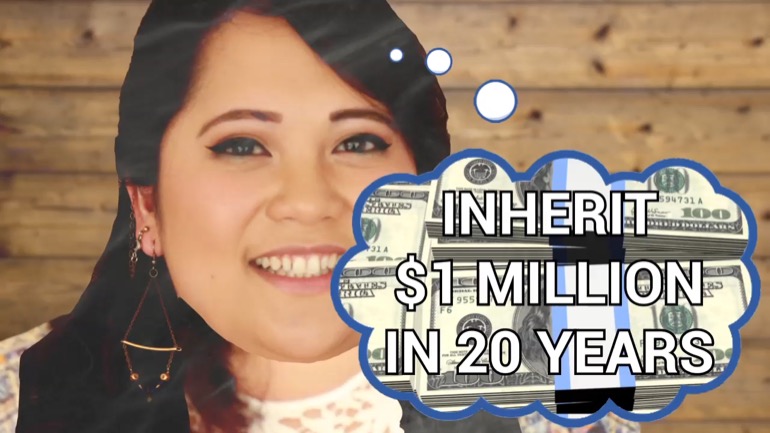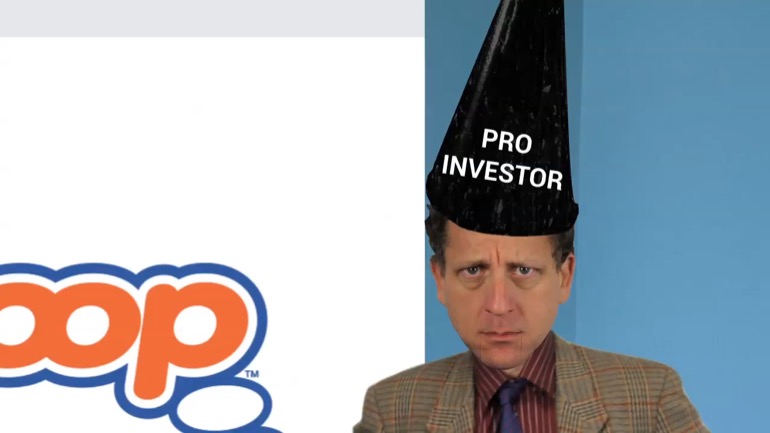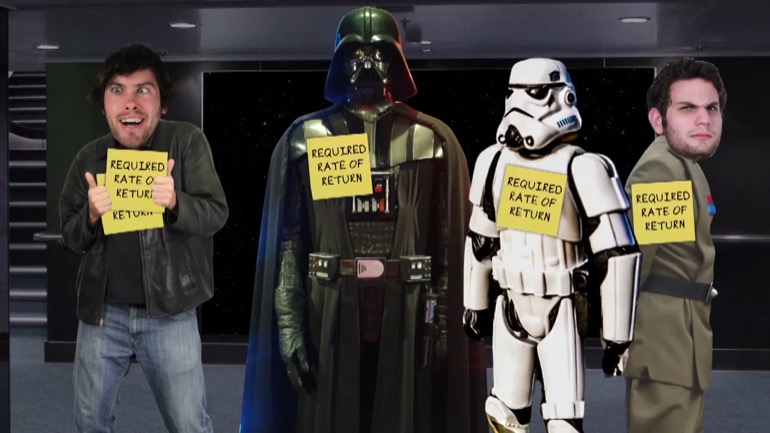ShmoopTube
Where Monty Python meets your 10th grade teacher.
Search Thousands of Shmoop Videos
Principles of Finance Videos 166 videos
How is a company... born? Can it be performed via C-section? Is there a midwife present? Do its parents get in a fight over what to name it? In thi...
Company Formation, Structure, and Inception: Unit Intro. Sorry, Leo DiCaprio fans—we're not going to be breaking down the plot of Inception. We'r...
Okay, so you want to be a company financial manager. It's basically up to you to make money for the shareholders. It would also be swell if you mad...
Finance: What are Pension Liabilities? 23 Views
Share It!
Description:
What are pension liabilities? Pension liability is the difference in what an entity owes in pension payments versus how much they have on hand to cover the payments. Hopefully, and usually, this number is positive, meaning the company has more than what they need to cover their employees’ pensions upon retirement.
- Social Studies / Finance
- Finance / Financial Responsibility
- Life Skills / Personal Finance
- Finance / Finance Definitions
- Life Skills / Finance Definitions
- Finance / Personal Finance
- Subjects / Finance and Economics
- Finance and Economics / Terms and Concepts
- Terms and Concepts / Accounting
- Terms and Concepts / Credit
- Terms and Concepts / Econ
- Terms and Concepts / Insurance
- Terms and Concepts / Investing
- Terms and Concepts / Managed Funds
- Terms and Concepts / Metrics
- Terms and Concepts / Retirement
- Terms and Concepts / Trusts and Estates
- Terms and Concepts / Wealth
- College and Career / Personal Finance
- Courses / Finance Concepts
Transcript
- 00:00
finance a la shmoop. what are pension liabilities? okay so if you haven't seen
- 00:08
our James Cameron directed and shmoop academy award-winning video called
- 00:12
what is a pension, we'll watch that first. before you continue. okay hi welcome back. [link to pension video]
- 00:20
a pension liability is not that different from a liability owed by any
- 00:26
corporation or even an individual. the corporations and governments both
Full Transcript
- 00:30
provide pensions for their employees. very roughly an employee making say 75
- 00:36
grand a year might get 10% of a salary a year in pension contributions from the
- 00:41
employer. while pensions are divided into two
- 00:43
flavors. there are defined contribution pensions - one flavor of a 401k plan. in a
- 00:49
defined contribution plan the employee contributes say 10% of their salary and [defined contribution pension defined]
- 00:55
in this case that would be 7,500 bucks. and the employer might match it. that is
- 00:59
the employer takes 7,500 bucks off of their total salary that is calculated
- 01:03
for taxes so the employee instead of being taxed on 75 grand a year gets
- 01:08
taxed on sixty seven thousand five hundred they then defer the 7,500 bucks
- 01:13
they put into their 401k plan and well they'll still pay taxes on it eventually [equations on screen]
- 01:19
when they take it out but presumably when they're old and retired and poor
- 01:23
and thus likely to pay lower tax rates than they would in their heavy working
- 01:28
high tax hike tax rate era at the peak of their careers. so the employee saves
- 01:32
seventy five hundred bucks there or at least puts it away, and the employer
- 01:36
matches that 75 with seventy five hundred of its own. so from the employers
- 01:40
perspective that employee does not just get a seventy-five thousand dollar [equations on screen]
- 01:44
salary they cost the employer 75 grand plus another seventy five hundred bucks
- 01:50
of 401k pension matching expenses or eighty two thousand five hundred dollars.
- 01:54
and the employer pays it grumbling and wondering when the next version of robot
- 01:59
comes out so they can replace this worker ,well what happens to those
- 02:02
savings. well, employers usually provide employees with a menu of investment
- 02:07
choices they can hold all cash, they can invest in high-growth relatively risky [list of investment options shown]
- 02:12
funds, they can invest in balanced growth and income funds and so on and so on.
- 02:16
well the employee gets to choose from a supermarket of investment fund choices
- 02:20
or even buy individual stocks in their pension. the key takeaway at the
- 02:24
end of however many years or decades of working the employee is able to take out
- 02:29
from their pension whatever value that pension has accrued to be worth over
- 02:34
that time period. easy. in a defined contribution fund there is essentially [flow chart]
- 02:39
no pension liability. no pension liability to the corporation other than
- 02:45
each year doing the matching thing on that salary. okay?
- 02:48
the employee bears the stock market risk just like everyone else. the big
- 02:52
controversies you read about in the press revolve around the benefit flavor
- 02:56
of a pension, 2nd flavor here, called a defined benefit plan. in a defined
- 03:02
benefit situation a number of irresponsible financial dealings take [types of pensions listed]
- 03:07
place where taxpayer money is often just given away with no thought of fiduciary
- 03:13
duty or obligation to ,you know being respectful of the taxpayers hard-earned
- 03:18
money. a given government worker works for the state for 30 years eventually
- 03:22
making a hundred grand a year at the end having received pension contributions
- 03:26
all along the way just as in the defined contribution system that corporations [equation on screen]
- 03:31
use as outlined above .only in a government defined benefit program the
- 03:36
employee is guaranteed a minimum rate of return in many situations. that is the
- 03:41
employee is guaranteed say 10% a year in investment returns even if the stock
- 03:47
market is flat or down or bad for 7 ,10 15 ,years whatever. that happens all the
- 03:53
time, yet the taxpayers on the hook to give
- 03:56
them that guaranteed 10 percent a year compound rate. well at a 10 percent of [flow chart]
- 04:00
your compound rate after seven years well let's say the actual stock market
- 04:05
return was only 7 percent and the employee lagged 3 percent a year each
- 04:10
year compounded well that would be a lot that the state would then owe them so
- 04:15
that's one flavor of pension liability that could likely bankrupt California
- 04:20
and Illinois at some point not too far away because the pension liabilities [California and Illinois pictured.]
- 04:24
there are enormous. and it gets worse there are other irresponsible things the
- 04:28
states have done like guarantee retirement return minimums or investing
- 04:32
pension money in dead stock beanie babies. it was a really bad investment by
- 04:37
CalPERS there huh. so yeah pension liabilities are a
- 04:40
totally simple easy to understand uncontroversial thing and while they
- 04:44
can't possibly have an adverse effect on the world around us right? sorry hard to
- 04:49
keep a straight face there. [man talks out the side of his mouth]
Related Videos
GED Social Studies 1.1 Civics and Government
What is bankruptcy? Deadbeats who can't pay their bills declare bankruptcy. Either they borrowed too much money, or the business fell apart. They t...
What's a dividend? At will, the board of directors can pay a dividend on common stock. Usually, that payout is some percentage less than 100 of ear...
How are risk and reward related? Take more risk, expect more reward. A lottery ticket might be worth a billion dollars, but if the odds are one in...



















































